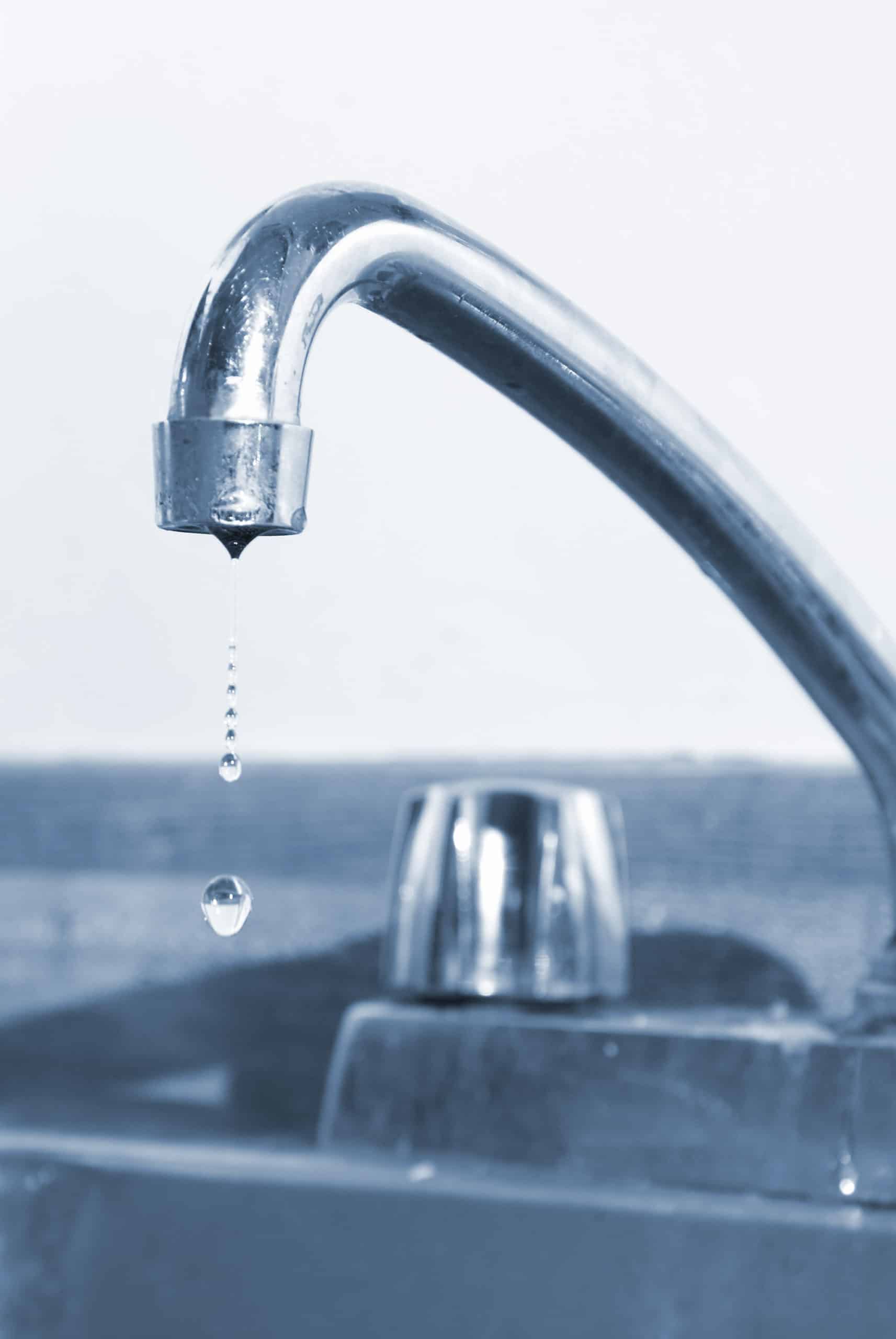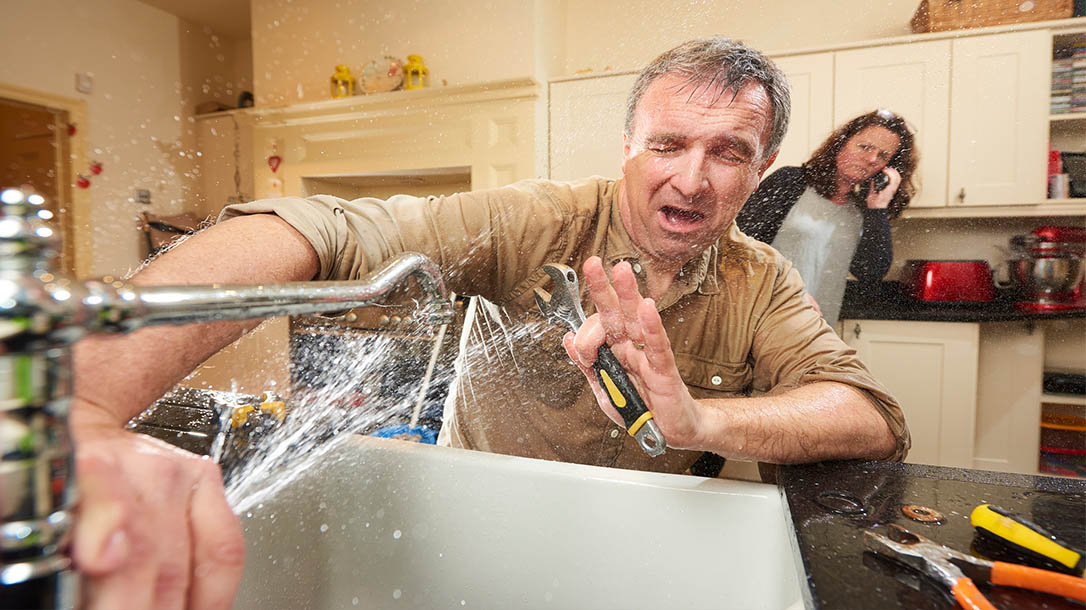An Causes Behind Dealing with a Broken Faucet
An Causes Behind Dealing with a Broken Faucet
Blog Article
Are you in search of additional info involving Why It's Important to Fix Leaky Faucets?

Trickling faucets may seem like a minor hassle, yet their impact goes beyond just the inconvenience of the noise. From wasting water to incurring unneeded economic prices and wellness threats, ignoring a dripping tap can cause numerous consequences. In this post, we'll delve into why it's essential to address this usual home problem promptly and effectively.
Waste of Water
Ecological Impact
Leaking taps add considerably to water waste. According to the Epa (EPA), a single faucet leaking at one drip per secondly can waste greater than 3,000 gallons of water per year. This not only pressures water resources however additionally affects ecosystems and wild animals based on them.
Step-by-Step Overview to Fixing a Dripping Tap
Devices Required
Before attempting to fix a dripping tap, collect the required tools, consisting of a flexible wrench, screwdrivers, replacement parts (such as washers or cartridges), and plumber's tape.
Usual Tap Issues and Their Solutions
Determine the type of tap and the certain issue causing the drip. Usual problems consist of worn-out washing machines, corroded shutoff seats, or damaged O-rings. Refer to supplier directions or on-line tutorials for step-by-step assistance on repair services.
Financial Prices
Boosted Water Expenses
Past the environmental effect, trickling taps can blow up water bills significantly. The built up wastage over time equates into greater energy expenditures, which can have been prevented with prompt repair services.
Potential Building Damages
Additionally, prolonged leaking can lead to harm to fixtures and surfaces bordering the faucet. Water buildup can cause discoloration, deterioration, and also architectural issues if left unattended, causing extra repair expenses.
Health Problems
Mold and Mold Growth
The constant visibility of dampness from a leaking faucet creates a perfect atmosphere for mold and mildew and mildew development. These fungi not only endanger interior air high quality yet also present wellness dangers, specifically for people with respiratory conditions or allergic reactions.
Waterborne Diseases
Stationary water in leaking taps can become a breeding ground for microorganisms and other pathogens, raising the danger of waterborne conditions. Contaminants such as Legionella germs prosper in stationary water, potentially resulting in major health problems when consumed or breathed in.
Do it yourself vs. Professional Repair service
Benefits and drawbacks of Do It Yourself Fixing
While some might attempt to repair a leaking faucet themselves, do it yourself repair work feature their very own collection of obstacles. Without appropriate knowledge and devices, DIY attempts can aggravate the problem or result in incomplete fixings, extending the issue.
Benefits of Employing a Professional Plumber
Working with an expert plumber ensures that the underlying root cause of the dripping faucet is attended to effectively. Plumbing professionals possess the expertise and devices to detect and repair faucet problems successfully, saving time and lessening the danger of further damage.
Environmental Responsibility
Private Contribution to Conservation
Taking obligation for dealing with trickling taps aligns with wider initiatives toward water preservation and environmental sustainability. Every person's activities collectively make a substantial effect on preserving valuable resources.
Lasting Living Practices
By focusing on prompt repair services and embracing water-saving habits, individuals add to sustainable living practices that benefit both existing and future generations.
Preventive Measures
Regular Upkeep Tips
To prevent dripping taps, do routine upkeep such as cleaning aerators, inspecting for leaks, and changing worn-out components quickly. In addition, think about mounting water-saving gadgets or updating to more effective components.
Significance of Prompt Services
Addressing leaking taps as quickly as they're noticed avoids additional water wastefulness and possible damages, ultimately conserving both water and cash in the long run.
Impact on Property Worth
Perception of Well-Maintained Residential Or Commercial Property
Maintaining a residential property in good condition, consisting of dealing with maintenance issues like trickling taps, enhances its perceived worth and desirability amongst prospective buyers or lessees.
Impact on Resale Value
Properties with properly maintained plumbing fixtures, consisting of faucets, command greater resale worths in the realty market. Addressing trickling faucets can add to a positive impact during building evaluations and arrangements.
Conclusion
Attending to a trickling faucet exceeds simple benefit; it's a necessary action towards conserving water, decreasing monetary expenses, and protecting health and wellness and home. Whether with DIY repair work or professional assistance, doing something about it to fix trickling taps is a small yet impactful way to advertise accountable stewardship of resources and contribute to a healthier, extra lasting future.
How to Fix a Leaky Faucet: Step-by-Step Repair Guide
A leaky faucet may seem like a simple annoyance, but if it's not fixed promptly, that leak could cost hundreds to potentially thousands. From water damage to mold, mildew, and high water bills, even a tiny leak can be catastrophic if left unattended. Damage like this can even affect the overall value of your home, so it's important to take the right approach for leaky faucet repair. You may need the help of a plumber in some cases, but we've got a few tips you can try on how to fix a leaky faucet before calling the pros.
Four Faucet Types
When you're learning how to fix a leaky faucet, the first step is knowing what kind of faucet you're working with! There are four common types.
Cartridge Faucets
Cartridge faucets come in one- or two-handled varieties. In one-handled cartridge faucets, hot and cold water combines in a single cartridge. In the two-handled versions, hot and cold water are controlled separately and mixed in the faucet.
Ball Faucets
Ball faucets have a single lever you push up and down to adjust the pressure and rotate to change the temperature. A slotted metal ball controls the amount of water allowed into the spout.
Compression Washer Faucets
They're the oldest type of faucet, but they're still used in many homes — especially older ones. Compression faucets have two separate handles that, when turned, raise or lower the washer that seals a water valve. This valve stops water from flowing through the faucet when it is turned off.
Disc Faucets
Disc faucets rarely need to be repaired due to their maintenance-free design. The water flow is controlled by two discs — the upper one raises and lowers against a fixed lower disc, creating a watertight seal. If your disc faucet starts leaking, you may need to replace the seals or clean residue buildup from the inlets.
Fixing a Leaky Faucet
Step 1: Turn Off the Water
Whether you're learning how to fix a leaky bathtub faucet or how to fix a leaky kitchen faucet, always turn off the water supply to your working area when you're fixing a leak. The last thing you want is a flood added to your list of things to fix.
Look for the shutoff valves below your sink or around the tub and turn them clockwise to stop the water flow. If your faucet doesn't have shutoff valves, you may need to turn off the water for the whole house. Check to make sure it's off by turning the faucet on. If nothing comes out, you're ready to start the repair.
Step 2: Take Apart the Faucet
How you disassemble your faucet depends on the type of fixture you have. You can use a flathead screwdriver to remove the caps on top of the handle or handles for cartridge and compression faucets. Inside, you should see handle screws. Unscrew these with a screwdriver to remove the handle.
Disc- and ball-style faucets will typically have an inlet screw near the handle, and removing that will reveal the interior of the faucet.
Detach the Valve Stem
For cartridge- and compression-style faucets, you'll see the inner valve stem or cartridge once you remove the faucet handles. If you have a compression faucet, unscrew the brass valve stem. If you have a cartridge faucet, pull out the cartridge. If your cartridge has been in place for a while, it may require some tools or extra force to remove it due to mineral deposits.
Examine and Replace Parts
Once you've removed the parts, check them out to confirm what needs to be replaced. You may see corroded rubber washers, O-rings, stems, or cartridges. On a ball-style faucet, check the seats and springs for damage.
If you need to repair a leaky disc faucet, check the inlet and seals on the lower disc.
Once you determine what parts must be replaced, visit your local hardware store. Bring the damaged parts with you to ensure you can purchase the correct components to replace them.
Clean Valves and Faucet Cavity
If you've removed a stem or cartridge, you may notice mineral buildup in the faucet's threads. Use white vinegar to clean the valve seat by soaking it for a few minutes, then scrub it away with a soft toothbrush and rinse with warm water. You can also clean the interior of the faucet in the same way.
Reassemble the Faucet
Once your faucet is cleaned and the required parts have been replaced, it's time to reassemble it. Put the pieces back together and slowly turn the water supply back on. Doing this slowly is crucial because too much initial water pressure can damage the new hardware you've just installed.
https://homewarranty.firstam.com/blog/how-to-fix-leaky-faucet

Hopefully you liked our excerpt about Should I Repair or Replace a Leaky Faucet?. Thank you so much for taking time to browse our posting. Loved our piece? Please share it. Let somebody else locate it. Thank you so much for your time invested reading it.
Report this page